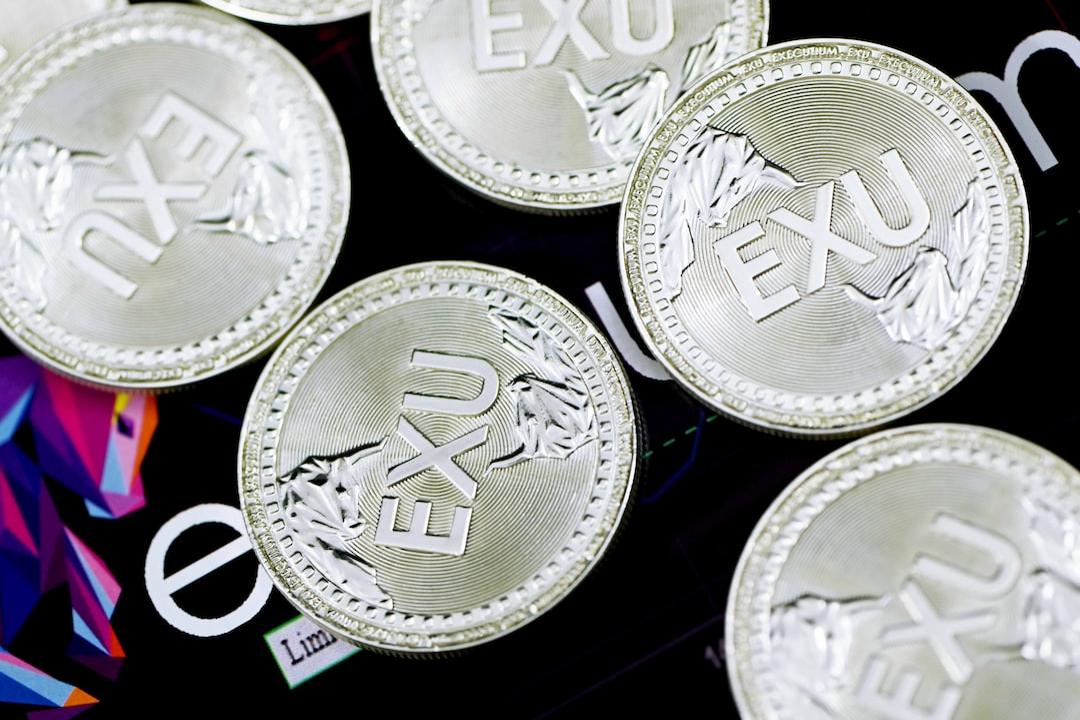
Chinas Underground Cryptocurrency Trading Soars to 75 Billion
China’s ban on digital asset trading hasn’t deterred the country’s underground cryptocurrency market from experiencing remarkable growth. Over-the-counter (OTC) cryptocurrency brokers in China have attracted a staggering $75.4 billion in inflows over a nine-month period ending in June 2024, according to a recent study by Chainalysis. In each of the three quarters leading up to June, inflows surpassed $20 billion, setting a record streak since data collection began in 2021. This surge in cryptocurrency interest coincides with underperforming traditional equity and property markets in China, prompting investors to explore alternative investment options.
OTC services have emerged as a popular means for Chinese investors to discreetly exchange yuan for digital tokens without utilizing public cryptocurrency exchanges. While operating in a legal gray area, these services have continued to grow, suggesting that enforcement of the crypto ban may be less stringent than initially anticipated. Eric Jardine, the cybercrimes research lead at Chainalysis, noted that the loose enforcement of the ban could be a contributing factor to the growth of these services.
The study also highlights the size of individual transactions in China’s OTC market. Approximately 55% of the total value received by OTC traders comes from transfers exceeding $1 million. However, it remains unclear whether these substantial transfers originate from affluent individuals or businesses acting on behalf of smaller customers.
The growth of China’s underground crypto market takes place against the backdrop of a struggling economy. With traditional investment sectors performing poorly, Chinese investors are turning to cryptocurrencies as an alternative store of value and potential growth opportunity.
In contrast to mainland China’s strict regulations, Hong Kong has adopted a more open approach to the crypto industry. The city shifted toward creating a crypto hub in late 2022, allowing digital asset trading within its jurisdiction. This divergence highlights the complex relationship between China’s regulations and Hong Kong’s more accommodating stance.
Despite the challenges facing China’s economy, the underground crypto market shows no signs of slowing down. Jardine predicts continued growth and emphasizes the need for regulators to adapt to this evolving landscape.












